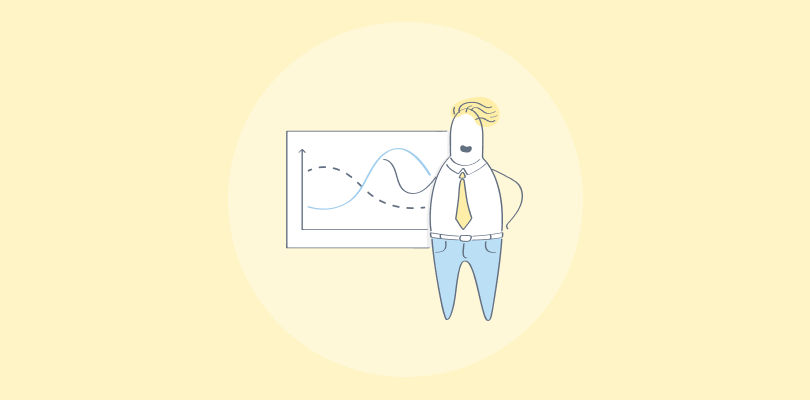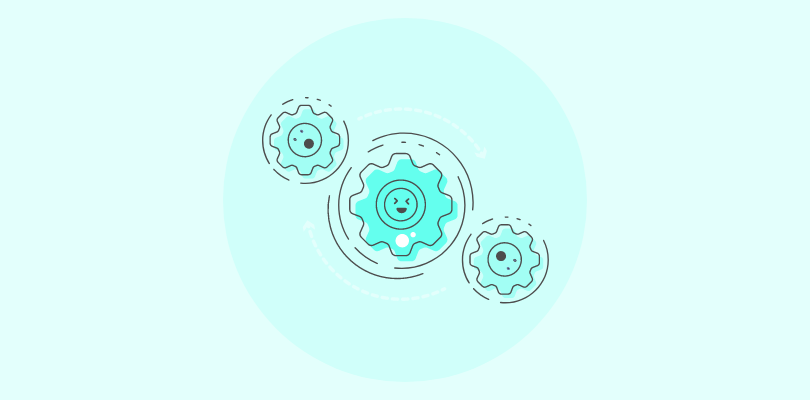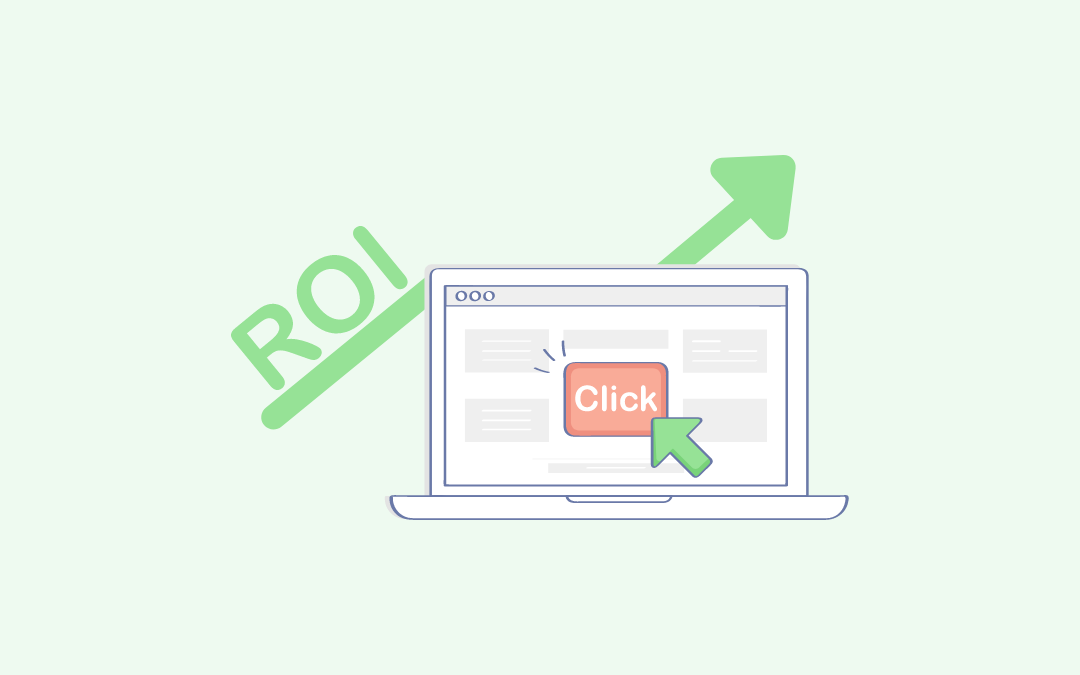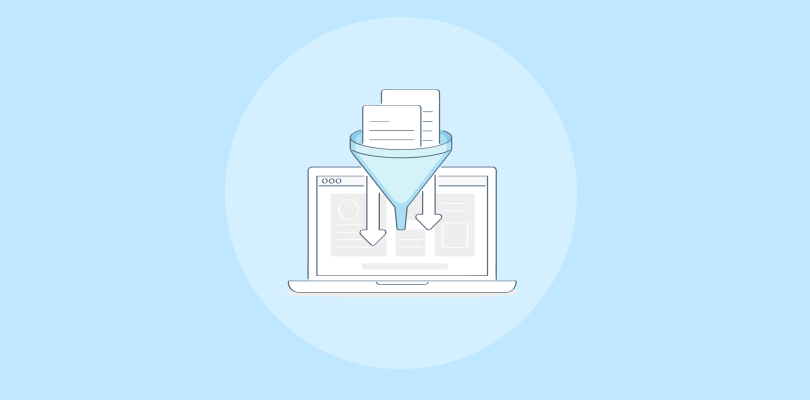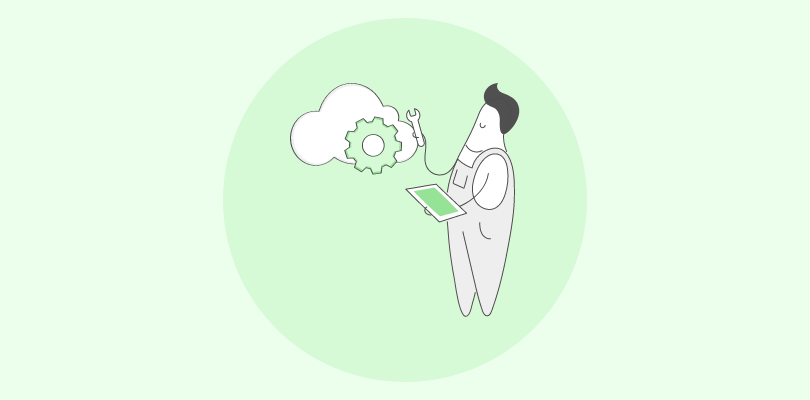Imagine this: you’re running a retail business, pouring your heart and soul into creating amazing products and experiences. But somehow, you’re still struggling to keep customers coming back. You’re losing track of who bought what and what their preferences are. Sound familiar? You’re not alone.
As Jeff Bezos once said,
“We see our customers as invited guests to a party, and we are the hosts. It’s our job every day to make every important aspect of the customer experience a little bit better.”
In retail, every customer’s experience matters, and that’s where a retail CRM comes in. In fact, a study by Capterra found that 45% of businesses said their sales revenue improved by using effective CRM software. That’s a huge jump!
A CRM for retail business is more than just a tool—it helps you build better customer relationships and boost sales.
In this guide, I’ll break down everything you need to know about retail CRM—from its key features and benefits to how you can choose the best one for your business in 2025.
But before we get started, let’s start with the basics.
What Is a CRM?
A Customer Relationship Management (CRM) system is like a digital assistant that helps you manage and grow relationships with your customers. Instead of juggling spreadsheets, sticky notes, and endless emails, a CRM keeps all your customer data—contacts, purchase history, preferences, and interactions—in one place.
With a CRM, you can:
- Track leads and sales opportunities
- Automate follow-ups and reminders
- Personalize marketing campaigns
- Improve customer support
- Get insights into customer behavior
Think of it as a central hub where you and your team can see everything about your customers at a glance. Whether you’re a small business or a large enterprise, a CRM makes it easier to stay organized and build stronger customer relationships.
For example, if you’re using CRM in retail, you can track customer purchases, send targeted promotions, and ensure shoppers get a personalized experience—leading to better sales and loyalty.
In short, a CRM helps you work smarter, not harder when it comes to managing customer relationships.
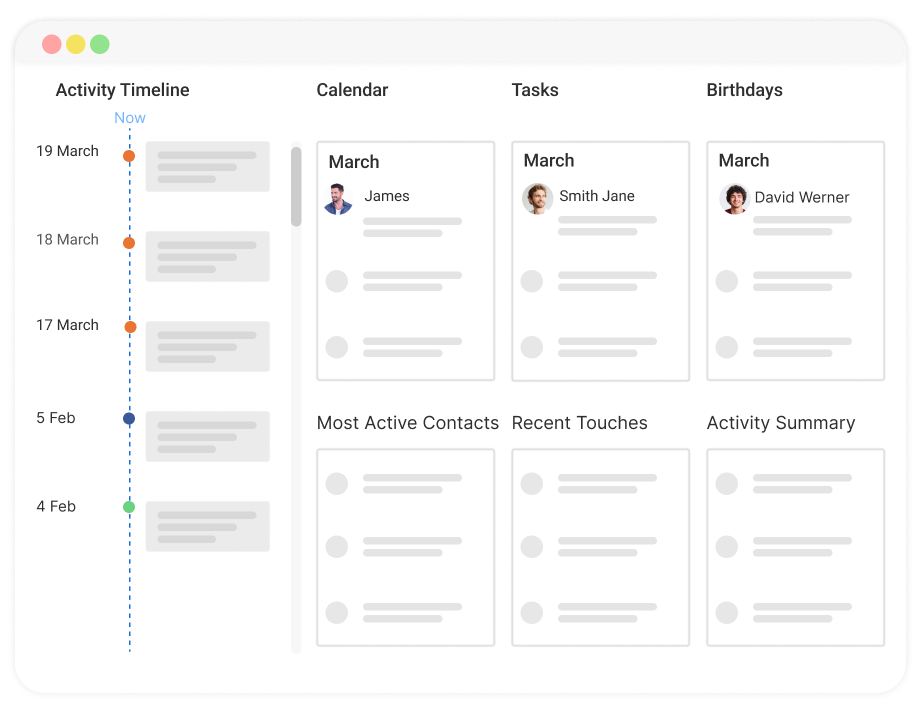
What Is a Retail CRM?
A Retail CRM is a tool designed to help you manage customer relationships, boost sales, and create personalized shopping experiences. Whether you run a small boutique or a large retail chain, a CRM keeps track of customer data, including purchase history, preferences, and interactions.
With a retail CRM, you can:
- Offer personalized discounts and recommendations
- Track customer behavior and shopping patterns
- Automate follow-ups for abandoned carts or special promotions
- Manage loyalty programs and rewards
- Improve customer service with quick access to order history
In customer relationship management in retail industry, businesses use CRMs to understand their customers better and build long-term loyalty. Instead of guessing what shoppers want, you get real data-driven insights to create offers and experiences that keep them coming back.
Simply put, a Retail CRM helps you turn one-time buyers into repeat customers while making your sales and marketing efforts more efficient.
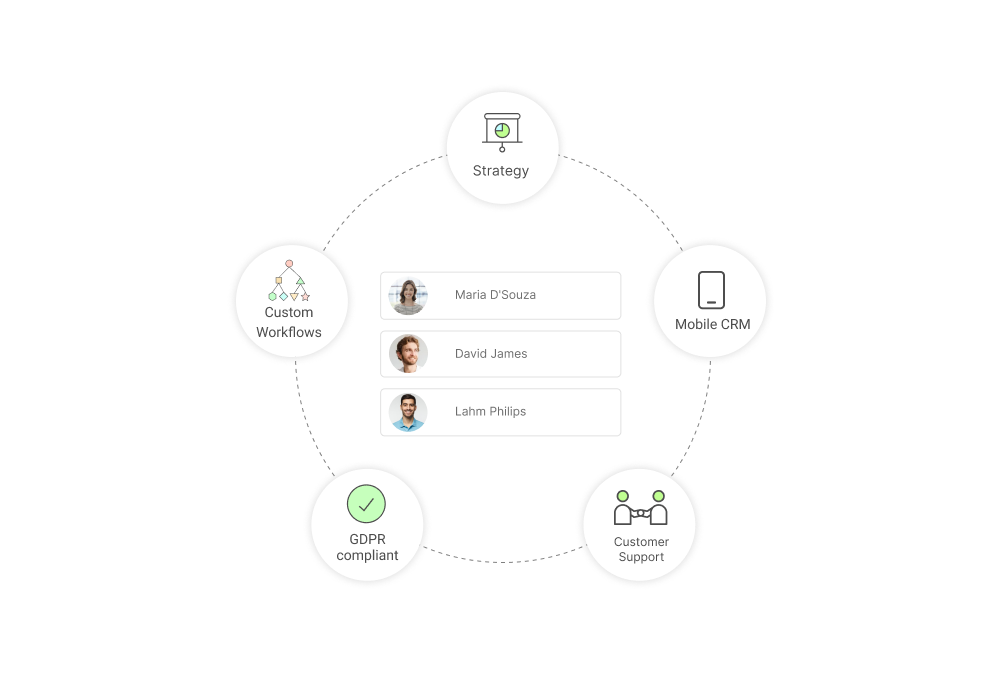
What Are the Benefits of a Retail CRM?
A Retail CRM is more than just a database—it’s a powerful tool that helps you understand your customers, build stronger relationships, and drive more sales. Whether you run a boutique or a multi-store retail business, a CRM can transform how you interact with your shoppers.
Here’s a closer look at the key benefits of using a Retail CRM:
1. Personalized Shopping Experiences
Customers love when businesses remember their preferences. A CRM helps you track purchase history, favorite products, and shopping behavior so you can offer tailored recommendations. Whether it’s suggesting a new product similar to a previous purchase or sending a birthday discount, personalization makes shopping more enjoyable and increases sales.
2. Better Customer Retention
Retaining existing customers is easier (and cheaper) than finding new ones. With a CRM, you can send targeted promotions, exclusive deals, and loyalty rewards to keep your customers engaged. You can also track when customers haven’t shopped in a while and send them a gentle nudge to bring them back.
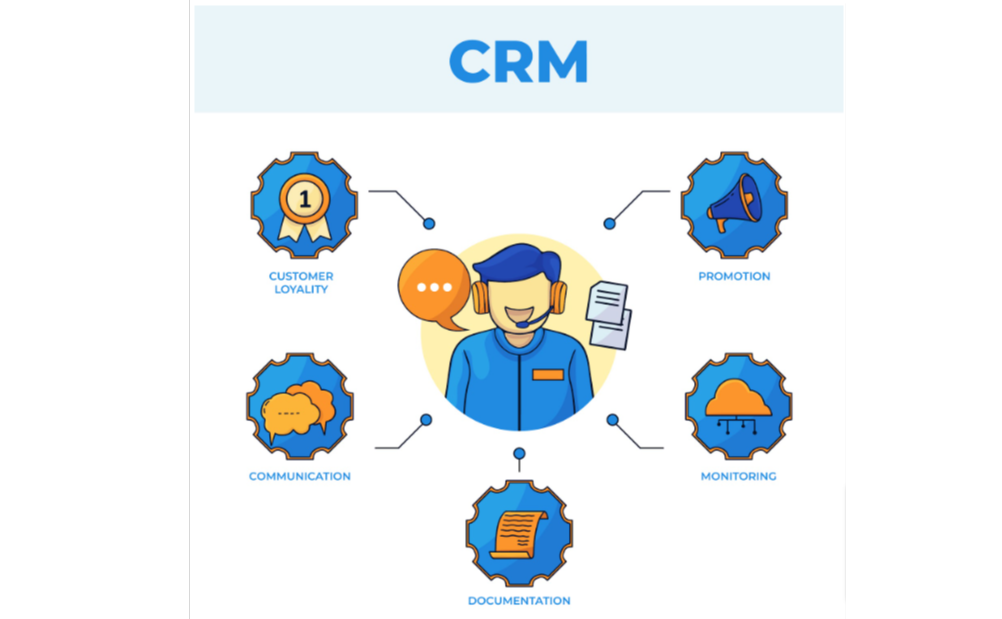
3. Automated Follow-Ups
A customer adds products to their cart but never checks out? A CRM can automatically send a reminder email with a discount to encourage them to complete the purchase. Similarly, after a customer buys something, you can set up automated follow-ups to ask for feedback, offer related product suggestions, or simply thank them for their purchase.
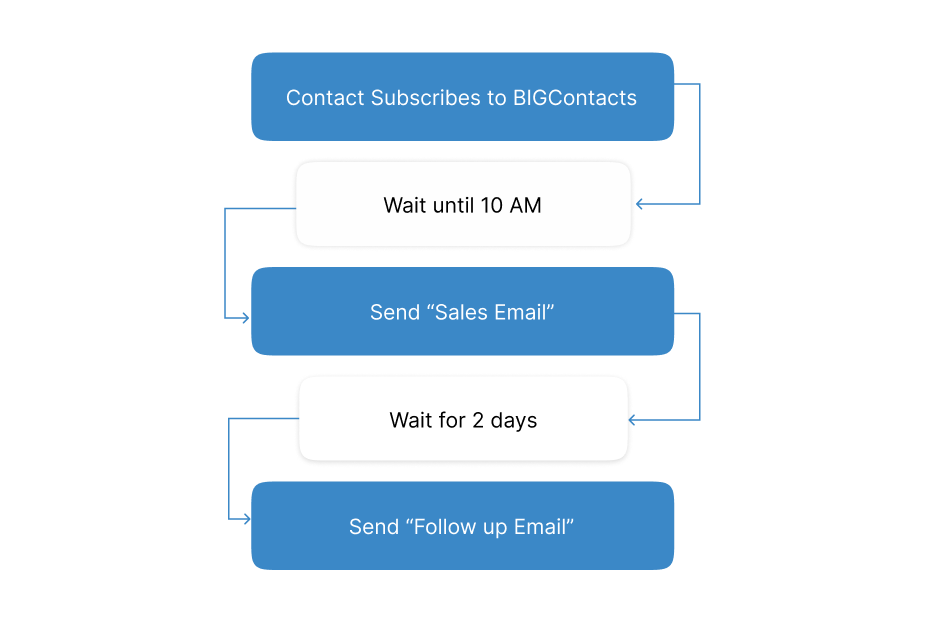
4. Smarter Sales Strategies
A CRM gives you access to valuable data about customer trends and buying patterns. You can see which products sell the most, what time of year customers are most active, and even which promotions work best. This helps you make informed decisions about inventory, discounts, and marketing campaigns, ultimately boosting sales.
5. Improved Customer Support
Imagine a customer calling with a question about their order, and you can instantly pull up their purchase history. A CRM ensures your team has all the details they need to provide fast, efficient, and personalized support. No more asking customers to repeat their order details—everything is right there, making problem resolution quicker and smoother.
6. Higher Revenue
A well-managed CRM doesn’t just make life easier—it also increases your profits. When you understand your customers’ needs and preferences, you can market to them more effectively, improve their shopping experience, and encourage repeat business. That means more sales, better customer satisfaction, and a stronger bottom line.
7. Seamless Omnichannel Experience
Today’s shoppers move between multiple channels—online stores, social media, mobile apps, and physical stores. A CRM ensures all customer interactions are connected, providing a seamless shopping experience. Whether a customer browses products online and buys in-store or contacts customer support via chat, a CRM keeps everything in sync.
8. Efficient Employee Performance Tracking
A CRM doesn’t just help with customers—it also helps you manage your sales team. You can track employee performance, monitor sales targets, and ensure your team is following up on leads effectively. With clear insights, you can reward top performers and provide additional training where needed.
When it comes to CRM in retail industry, businesses use these systems to stay ahead of the competition, streamline operations, and create a seamless shopping experience. When you truly understand your customers, you can serve them better—and that’s what keeps them coming back.
![]()
Why Is a CRM Important for Retailers?
Running a retail business isn’t just about selling products—it’s about building relationships with your customers. That’s where a CRM system comes in. It helps you stay connected with your customers, streamline operations, and boost sales.
Here’s why a CRM for retail is essential:
1. Centralized Customer Data
Instead of digging through spreadsheets, emails, and receipts, a CRM stores all your customer information in one place. This includes contact management, purchase history, shopping preferences, and past interactions. When a customer returns to your store—online or in person—you can quickly access their profile and offer personalized recommendations. Having a single, organized database helps you and your team deliver consistent service, no matter who the customer interacts with.
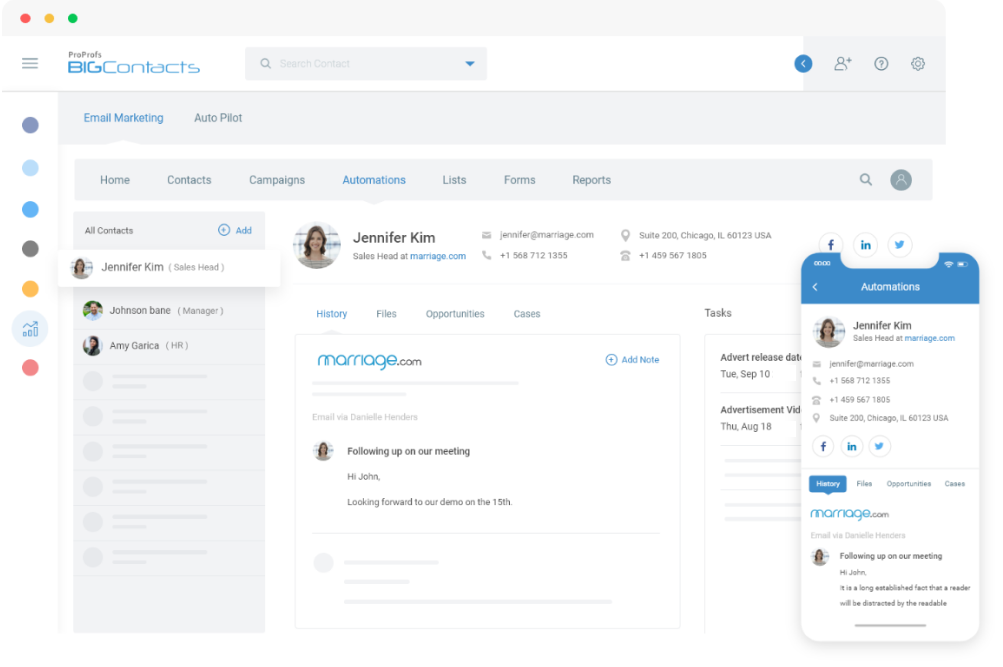
2. Targeted Marketing Campaigns
Not all customers are the same, so sending a one-size-fits-all marketing message rarely works. A CRM lets you segment your customers based on factors like purchase history, location, and shopping behavior. For example, if a customer frequently buys skincare products, you can send them exclusive discounts on new arrivals. This type of personalized marketing improves engagement and increases the chances of repeat purchases.
3. Faster and More Efficient Checkout Process
A long, complicated checkout process can frustrate customers and lead to abandoned purchases. A CRM integrated with your Point of Sale (POS) system speeds things up. When a customer checks out, their details and previous purchases are instantly available, allowing you to apply loyalty rewards, suggest related products, or process returns quickly. This improves the overall shopping experience and encourages customers to return.
4. Better Inventory Management
Ever had a customer walk in looking for a product, only to find it’s out of stock? A CRM can help prevent that by tracking purchasing trends and predicting demand. It shows you which products are selling fast and which ones are slow-moving, allowing you to optimize stock levels. You can also set up automatic alerts when inventory is running low, ensuring you always have what customers need.
5. Customer Feedback and Engagement
Customers want to feel heard, and their feedback is essential for improving your business. A CRM allows you to collect reviews, track customer complaints, and analyze customer satisfaction levels. If a customer leaves negative feedback, you can respond quickly, resolve the issue, and potentially turn them into a loyal customer. By consistently engaging with your audience, you create a brand that people trust and recommend.
Here’s a customer review from Austin Gay at Ewald Kubota sharing his experience with BIGContacts CRM:
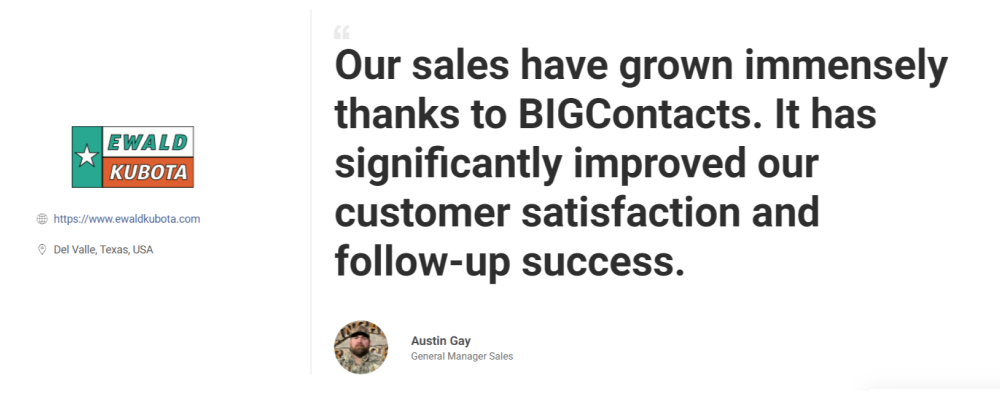
6. Stronger Loyalty Programs
Loyal customers are more valuable than one-time buyers. A CRM helps you create and manage loyalty programs that keep customers engaged. You can track reward points, offer personalized discounts, and notify customers about special promotions. For example, if a customer has earned enough points for a free item, your CRM can automatically send them an email reminder to redeem their reward—encouraging them to shop again.
7. Better Demand Forecasting
A CRM helps you predict future sales trends by analyzing customer buying patterns, seasonal demand, and past purchase history. This allows you to stock the right products at the right time, reducing excess inventory and minimizing stockouts. With better demand forecasting, you can make smarter purchasing decisions, optimize your supply chain, and ensure that customers always find what they need when they shop with you.
How to Choose the Right CRM for Your Retail Business
Choosing the right CRM software for retail can feel overwhelming, especially with so many options available. But don’t worry—you don’t need to be a tech expert to find the perfect fit. Follow these steps to select a CRM that helps you manage customers, boost sales, and grow your business.
Step 1: Identify Your Business Needs
Before you start looking at different CRMs, take a step back and figure out what you need. Ask yourself:
- Do you want to track customer purchase history?
- Do you need a loyalty program feature?
- Are you looking for marketing automation tools?
- Do you want integration with your POS system?
Having a clear idea of your business goals will make it easier to find a CRM that meets your specific needs.
Step 2: Look for Retail-Specific Features
Not all CRMs are built for retail, so make sure the one you choose has features designed for your industry. Some must-have features include:
- Customer purchase tracking
- Loyalty and rewards program management
- Inventory tracking and demand forecasting
- Personalized marketing tools
- Multi-channel sales tracking (online and in-store)
Step 3: Check Ease of Use
A CRM should make your job easier, not harder. Look for a system that is user-friendly, so you and your team can start using it without extensive training. A complicated system can slow down operations and frustrate employees.
Step 4: Ensure It Integrates with Your Existing Tools
Your CRM should work smoothly with the tools you already use, such as your POS system, eCommerce platform, and email marketing software. This helps streamline operations and eliminates the need for manual data entry.
Step 5: Consider Scalability
Think long-term! If your business grows, will the CRM grow with you? Choose a system that can handle more customers, multiple locations, and advanced features as your business expands.
Step 6: Check Pricing and Value for Money
CRMs come at different price points, so compare the costs and features before making a decision. Some are subscription-based, while others charge per user. Look for a solution that fits your budget while providing all the essential features.
Step 7: Read Reviews and Test It Out
Don’t just rely on sales pitches—read customer reviews to see how well the CRM performs in real-world situations. If possible, take advantage of free trials or demos to test the software before committing.
Step 8: Check Customer Support
Even the best retail CRM software can run into issues, so choose one that offers reliable customer support. Look for options that provide live chat, phone support, or 24/7 assistance to help you whenever needed.
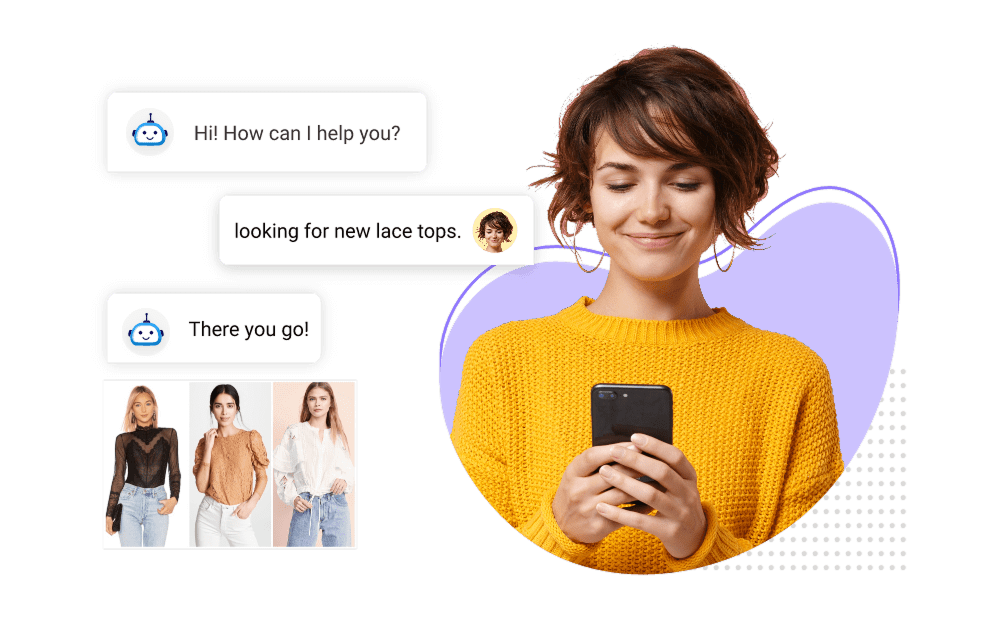
Maximize Profits and Customer Engagement Using Retail CRM
A CRM for retail business isn’t just about storing customer data—it’s about using that data to build stronger relationships, drive repeat sales, and increase your profits. When you truly understand your customers—what they buy, how often they shop, and what interests them—you can create personalized experiences that keep them coming back.
From automated marketing campaigns to loyalty programs and demand forecasting, the right retail CRM helps you optimize every part of your business. It streamlines operations, improves customer service, and ensures that no sales opportunity slips through the cracks. Whether you run a small store or a multi-location retail chain, having a CRM in place gives you a competitive edge in today’s fast-paced market.
If you’re looking for an easy-to-use CRM that helps you manage customer relationships effortlessly, BIGContacts is worth considering. It offers powerful features for retailers, and the best part—it comes with a forever free plan, making it a great choice for businesses of all sizes.
Retail CRM: FAQs
Is a Retail CRM useful for small retail businesses?
Absolutely! CRM retail software isn’t just for big brands—it’s incredibly useful for small retail businesses too. It helps you organize customer data, track sales, and send personalized promotions, all while saving you time. With better customer insights, you can boost loyalty, increase repeat sales, and compete effectively, even on a smaller scale.
What types of businesses benefit from a Retail CRM?
A retail CRM benefits all types of retail businesses, from small boutiques and online stores to large supermarkets and multi-location franchises. Whether you sell fashion, electronics, groceries, or beauty products, a CRM helps you track customers, personalize marketing, and boost sales. If you have customers, a retail CRM can help you grow your business!
FREE. All Features. FOREVER!
Try our Forever FREE account with all premium features!

